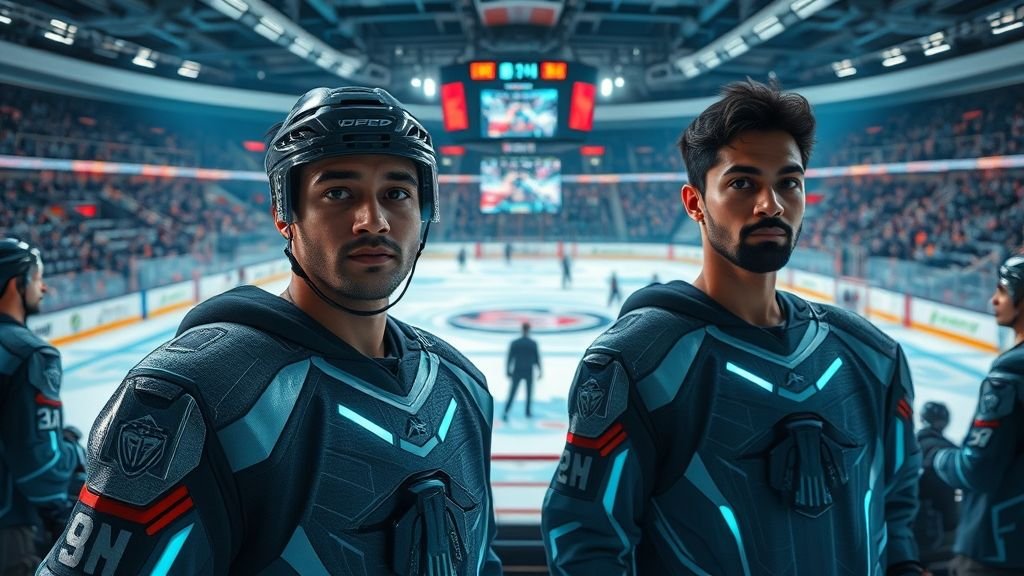As technology continues to advance and the world of “sports fantasy” evolves, so too does the landscape of fantasy hockey. Several exciting trends and innovations are shaping the future of the game, promising even more engaging and immersive experiences for hockey enthusiasts.
One significant trend is the increasing sophistication of data analytics. Fantasy hockey platforms are integrating more advanced metrics and predictive analytics to provide managers with deeper insights into player performance and potential. This allows for even more strategic decision-making when building your hockey team and managing your roster. The best app for fantasy hockey will likely incorporate these advanced analytical tools.
Another trend is the growth of daily fantasy hockey. Unlike traditional season-long leagues, daily fantasy allows managers to draft new teams for single slates of games. This provides a faster-paced and more immediate fantasy hockey experience, catering to those who may not have the time commitment for a full-season league.
The integration of virtual reality (VR) and augmented reality (AR) technologies could also revolutionize the way we experience fantasy hockey in the future. Imagine being able to virtually attend a hockey game and see real-time fantasy point updates overlaid on the players, or using AR to analyze player stats directly from your phone while watching a game.
The social aspect of fantasy hockey is also likely to continue to evolve. We may see more integrated social features within hockey app fantasy platforms, allowing for richer interactions between league members, including more dynamic trading tools and enhanced communication features.
Another potential innovation is the incorporation of blockchain technology and NFTs (Non-Fungible Tokens) into fantasy sports. This could lead to new ways of owning and trading virtual player assets, adding a new layer of collectibility and investment to the fantasy hockey experience.
The way we consume “hockey today” and “hockey online” information is also changing. We’re seeing more personalized news feeds and AI-powered insights that deliver the information most relevant to your fantasy hockey team directly to you. This will make staying informed even more efficient.
Furthermore, the growth of esports and online gaming could influence the future of fantasy hockey. We might see more crossover between traditional fantasy sports and esports, with elements of team building and strategic management being applied to competitive video game leagues.
In conclusion, the future of fantasy hockey is bright and full of exciting possibilities. Driven by technological advancements and evolving fan preferences, the game is likely to become even more data-driven, immersive, and socially connected. Whether it’s through advanced analytics, virtual reality, or new forms of digital ownership, the hockey experience in the world of “sports fantasy” is poised for continued growth and innovation. Staying open to these changes will ensure that fantasy hockey remains a thrilling and engaging pastime for generations to come.

